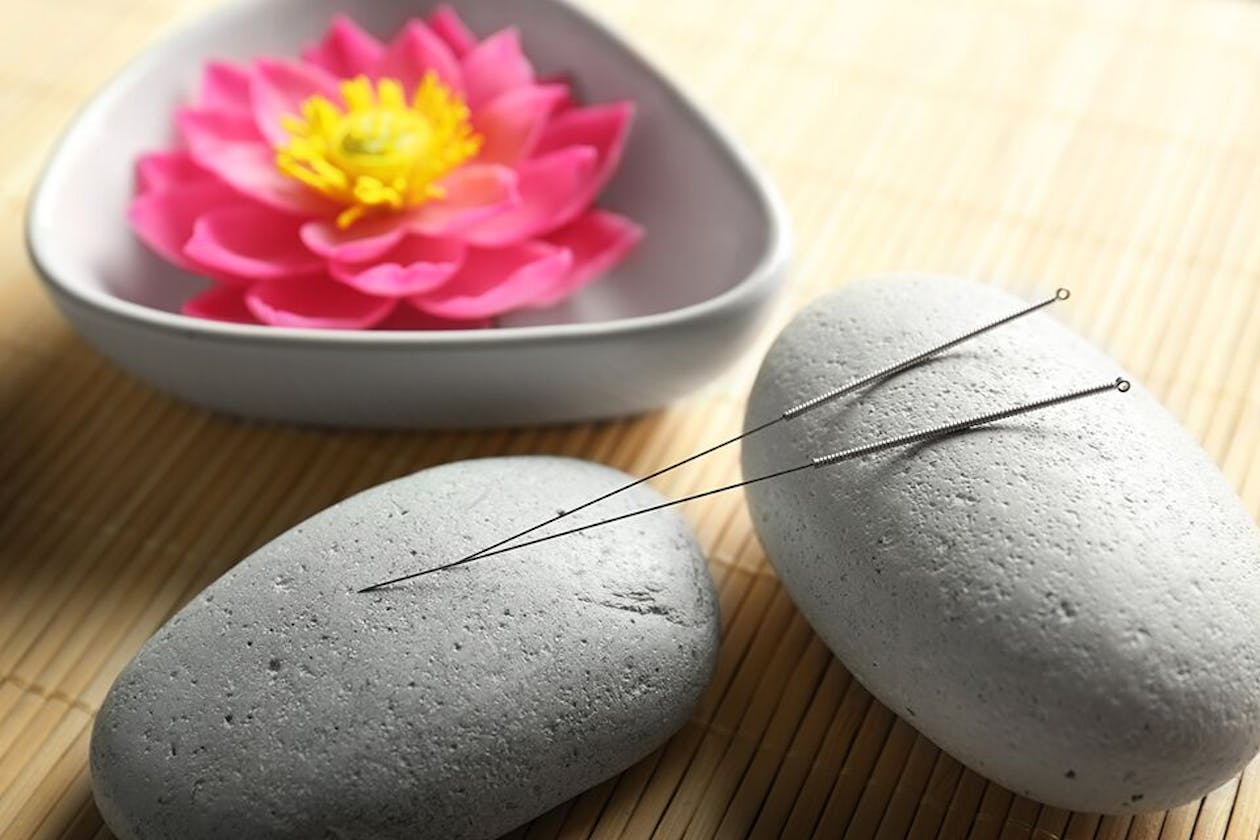
Dry Needling Regional NT Book your dry needling appointment online and save
Top Dry Needling Therapists in Regional NT, NTFor more salons, check out Fresha’s list of Therapy Centres.
Book your next dry needling appointment in Regional NT with Bookwell.
Wherever you are in Regional NT, from Humpty Doo to Virginia, Bookwell has just the treatment you've been looking for. Feel like the best version of you with the click of a button. Just compare services, prices, and availability to find your ideal treatment. It’s that easy. No more awkward phone calls and SMS back-and-forth texts.
No matter what your posture game is like, sometimes a little knot will come knocking. And, take it from us, there is nothing worse than feeling all tied up. Dry needling is the sibling to acupuncture, and my oh my - does it know how to offer some relief. There is no need to feel an overload of tension for a long period of time. It can become one of the main kickers to an unhappy working week. So, to get yourself feeling top notch again check out the businesses in Regional NT that offer dry needling treatments starting from around $10.
We're here to help you find all the top beauty and wellness services on offer in Regional NT. Simply browse Alternative Therapy services and book in just one click! Say goodbye to texting salons and hunting for your reminder card. Get everything you need online wherever you are in Australia. Can't find your favourite business? Call us on 1300-856-405 or email us at hello@bookwell.com.au. We'd love to make your life a little easier.
Questions & Answers
What is dry needling?
It's right there in the name: in dry needling, needles are inserted into muscle knots, ligaments and tendons - think any points of tension. The goal is releasing stiffness.
When should I get dry needling?
If you've got a stubborn sports injury, or some muscle stiffness that just will not leave you alone, dry needling could be what you need.
What is the difference between acupuncture and dry needling?
Acupuncture intends to treat the chi or qi energy for a patient, and needles are placed along energy meridians according to Chinese medicine practices. Dry needling practitioners place needles around areas of tension to treat physical areas of pain or discomfort for a patient.
How often should I get dry needling?
This varies, but you can expect to go once or twice a week initially, and then to drop down to once a month.
What should I do after dry needling?
You might be a little sore in the treatment area, and some people do experience bruising. Make sure to drink plenty of water, and rest if you feel you need it. Stretching can also be great, but of course, stop if you feel any pain.